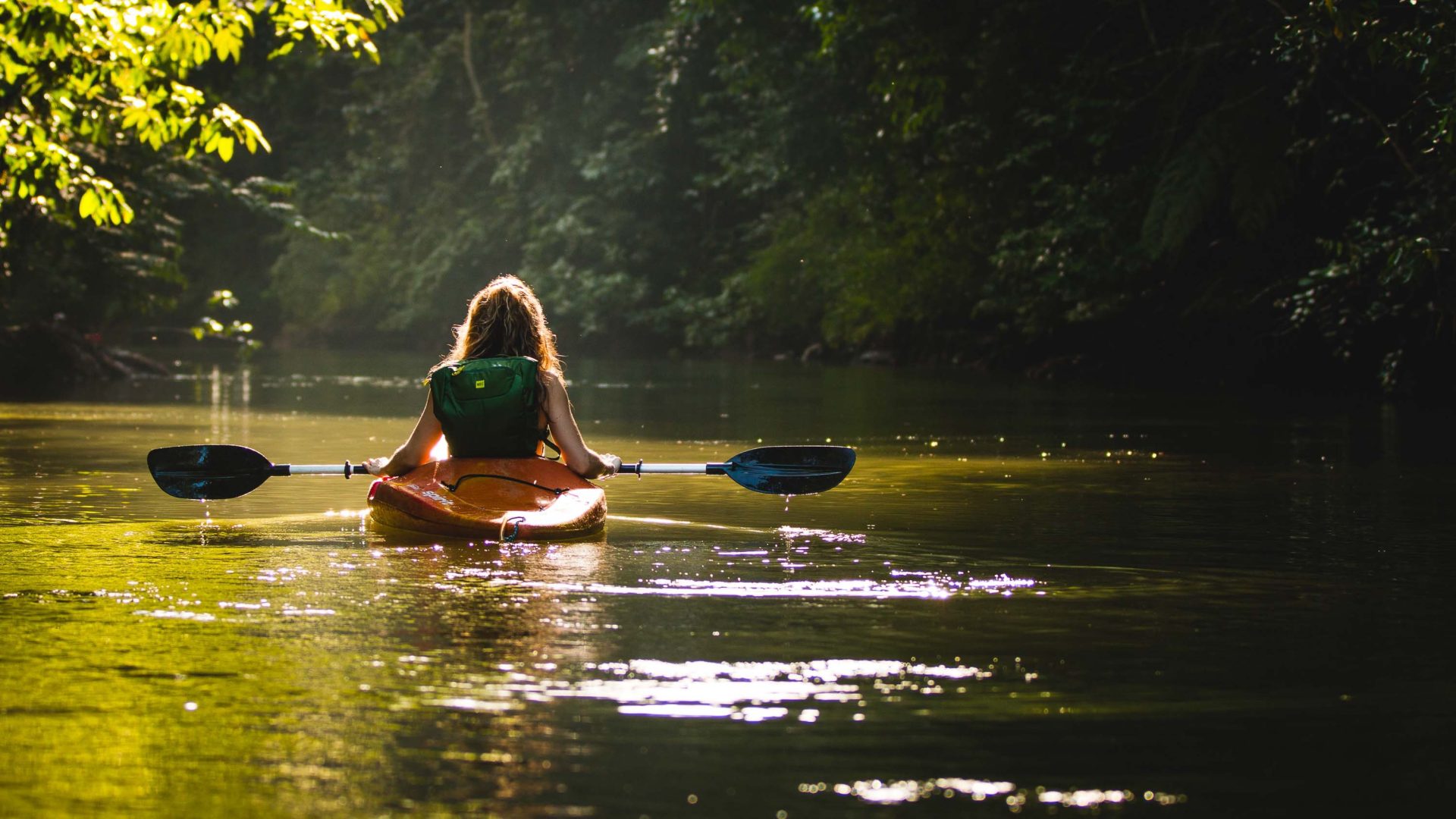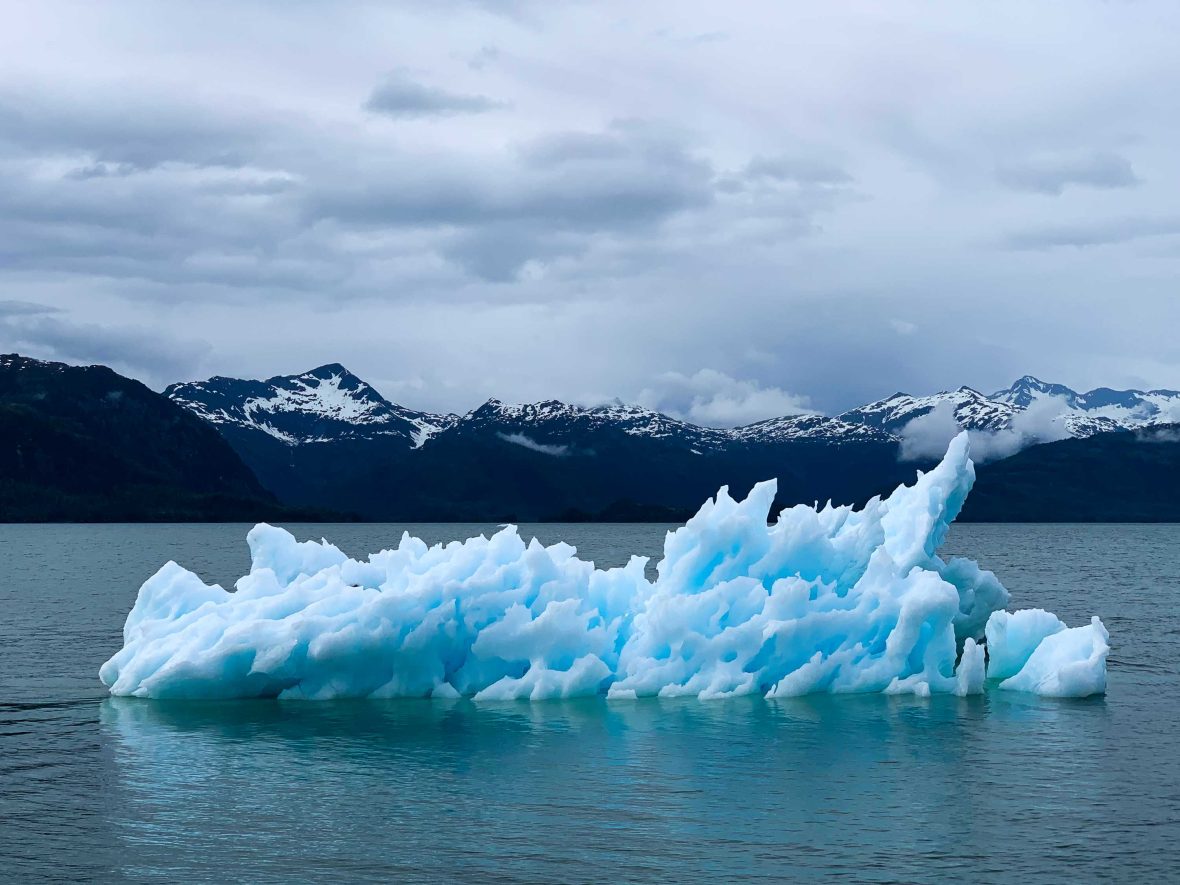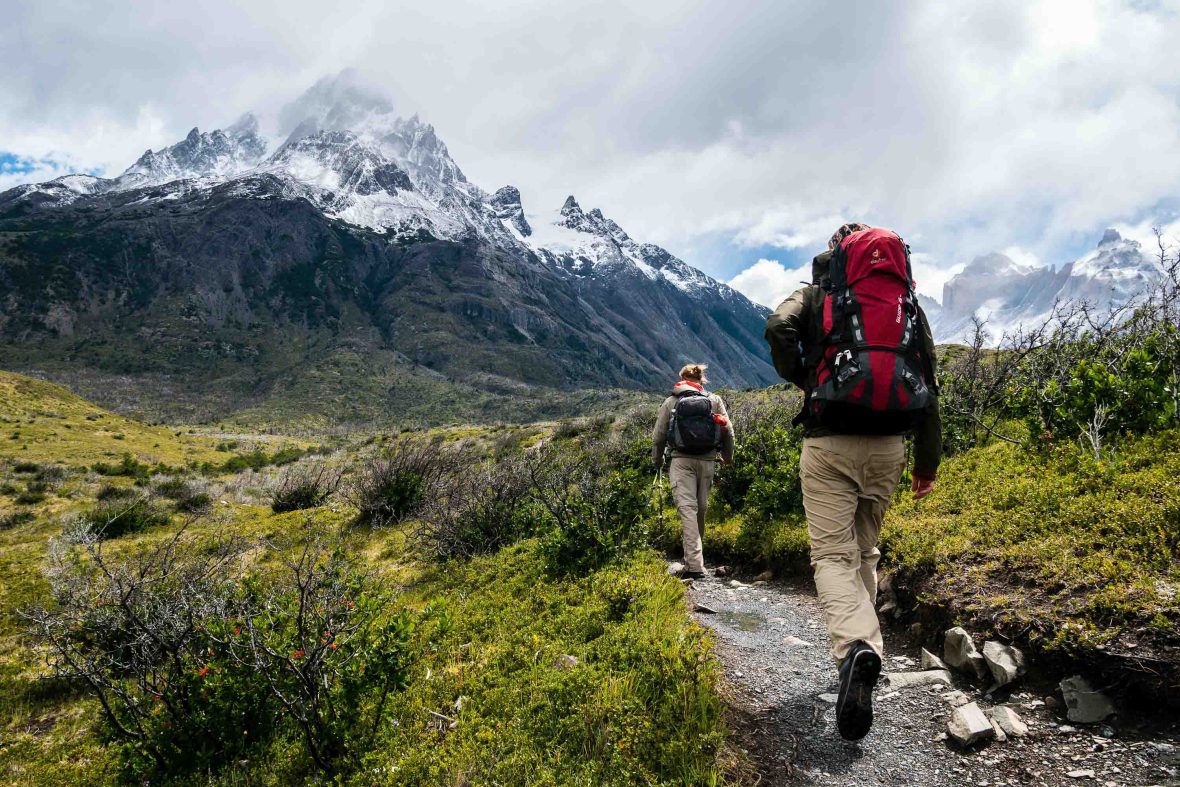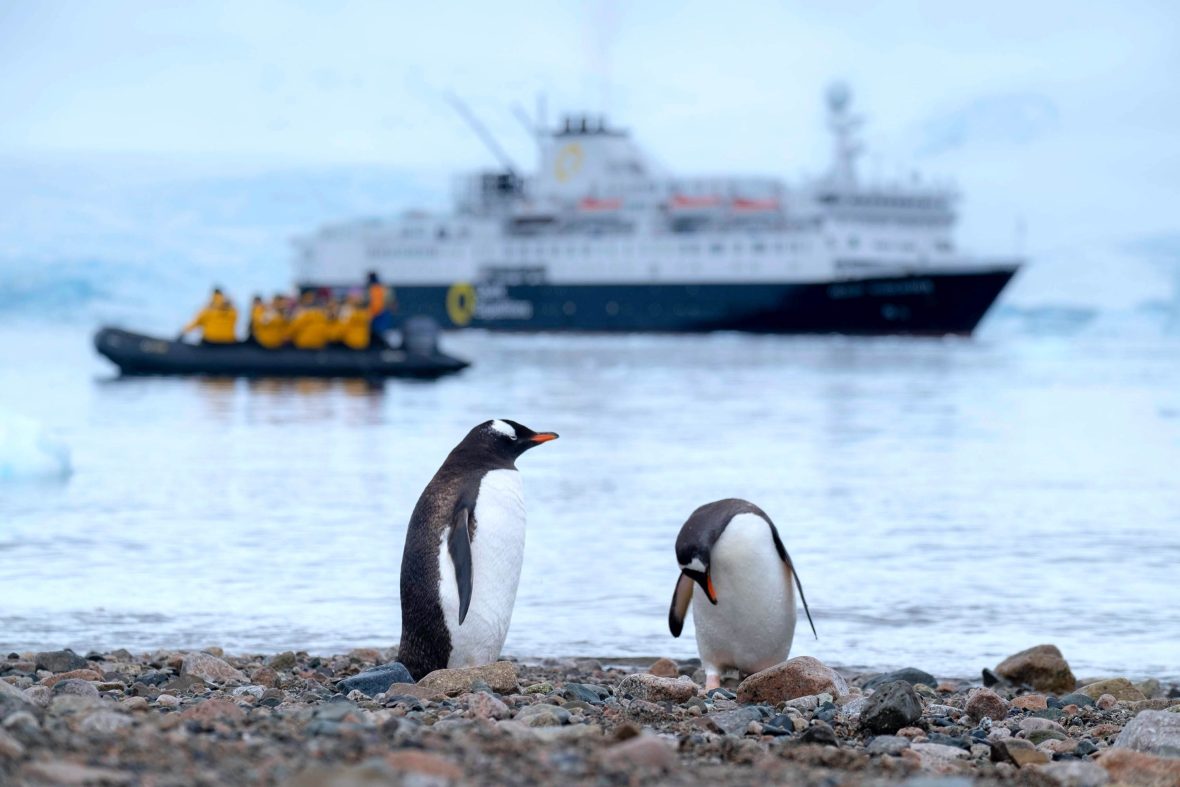
Recent surveys suggest more of us want to travel sustainably than ever before. But when it comes to action, those desires don’t always match. JoAnna Haugen explores the behavioral phenomenon of the intention-action gap.


Recent surveys suggest more of us want to travel sustainably than ever before. But when it comes to action, those desires don’t always match. JoAnna Haugen explores the behavioral phenomenon of the intention-action gap.
If you’re like most people living in the world today, you don’t need to be convinced that urgent action is needed to address the climate crisis.
According to the UNDP’s Peoples’ Climate Vote, the largest survey of public opinion on climate change ever conducted, 64 percent of people said climate change is an emergency. Of those, 59 percent said the world should do everything necessary and urgently in response. And, according to 2020 GlobeScan research, 74 percent of people want to reduce their impact on the environment and nature by “a large amount.”
This awareness and intention are also reflected in tourism: The 2023 Booking.com Sustainable Travel Report notes 76 percent of travelers want to travel more sustainably over the coming year.
This is all great news, of course. Yet, there is a gap between what people say they believe is important and urgent—and the actions they actually take. In fact, this is a well-studied behavioral phenomenon called the intention-action gap.

For example, according to a February 2022 Skift article, an “observational field study” of online bookings with a European airline found fewer than five percent of passengers willingly included compensation for carbon dioxide offsetting. Acknowledging that offsetting is not a viable climate solution, those dismal figures are still interesting from a behavioral perspective.
But there has been an uptick in other actions that, arguably, have more real-time impact. The Booking.com research indicates huge strides in “micro-habits,” even in the past year: 67 percent turn off the air conditioning at accommodations when they leave the room (versus 29 percent in 2022), 60 percent reuse bathroom towels (versus 25 percent in 2022), and 55 percent use their own reusable water bottle (versus 19 percent in 2022).
Beyond this, 43 percent organize sightseeing so they can walk, bike, or take public transport, and 43 percent now travel outside peak season to avoid overcrowding; only 10 percent of travelers took these actions in 2022.
If you’re interested in scuba diving, find out if any outfitters offer this while also teaching you how to replant coral reefs. Or, if you want to go kayaking or hiking, ask if they offer appropriate gear so you can pick up garbage while floating through the water or traversing the trails.
Acknowledging these strides in sustainable action is important. Clearly, people have the interest and will to rethink their travel-related decision-making, but there’s still a long way to go before travel in general benefits the environment and the people who live in the places travelers visit rather than causes harm. Destinations, tour operators, and other service providers have a responsibility to evolve their offerings so it’s not only accessible and affordable but seamlessly possible for the rest of us to be more sustainable travelers. Sustainable or environmentally responsible options should be the default so that travelers—whether we realize it not—have no option but to travel sustainably.
But we have a way to go before the industry catches up with what the planet needs. In the meantime, individual travelers who have the means and capacity can step up to help close that intention-action gap.

The concept of “giving back” is rife with obscurity and baggage, but in this context I’m not talking about signing up for a voluntourism experience. However, a growing number of service providers incorporate some sort of active learning component in their offerings, and participating in these “upscaled” activities allows travelers to do what they’d do on holiday anyway, but with a sustainability twist.
For example, if you’re interested in scuba diving, find out if any outfitters offer this while also teaching you how to replant coral reefs. Or, if you want to go kayaking or hiking, ask if they offer appropriate gear so you can pick up garbage while floating through the water or traversing the trails.
Similarly, look for outfitters that incorporate citizen science into their experiences. Projects registered with scientific, academic, or professional associations use collected data to inform knowledge about wildlife, nature, and place-specific changes over time. This is an easy way to more actively participate in the experiences you love while meaningfully contributing to scientific research—a win-win situation.

When it came to compiling those “must do” lists, travelers didn’t think twice about noting their goals to drive a race car, visit 50 countries before turning 50, or step foot on Antarctica. These are expensive and energy-intensive (fuel and mental) goals, but that didn’t stop anyone from saving up for and pursuing them.
The Booking.com research indicates 43 percent of travelers would be willing to pay more for travel options with a sustainable certification. This indicates that, while environmentally, socially, and culturally responsible experiences are perceived to be more expensive, a good portion of travelers deem this to be a worthy expense. Keep in mind, however, that there isn’t a universally recognized certification system and that certification can be expensive, which may prevent some businesses (especially small enterprises) from pursuing it—even if they’re ethically and sustainably sound.
Engaging in sustainable behavior shouldn’t come with a pause button or expiration date.
So, just as you might have invested in that race car adventure or carbon-heavy cruise to Earth’s southernmost continent, rebuild that bucket list with sustainability in mind: Take the three-day train ride from Pretoria to Cape Town, find 50 quirky day trips you can make from your own home, and seek out a locally focused homestay experience in a destination you’re excited to visit.

Engaging in better behavior shouldn’t come with a pause button or expiration date. Those micro-habits travelers carry with them—like recycling and turning off air conditioning—are a powerful way to keep the momentum going.
Keep building that muscle at home by phasing more of these activities into your daily life: In addition to a reusable water bottle, carry reusable takeaway containers with you when you go out to eat. If you’re eating local produce, go the next step and cut down on your meat consumption. And when you next travel abroad, keep those routines in place.
Additionally, begin to build better habits into your travel processes: When you book a flight, immediately contribute to an organization actively addressing environmental degradation, such as Rewilding Europe (which works with local partners to restore biodiversity and wildlife) or World Land Trust (which funds habitat and wildlife protection), to help offset the carbon footprint of air travel. When seeking out an accommodation, instead of blindly booking on a third-party site, visit the property’s webpage to check out whether it’s locally owned.
While building these habits and putting them into practice, don’t forget that we’re all influencers within our spheres of influence. Share your journey with others so, as they make travel-related decisions in their own lives, they have a model for what it looks like to jump that intention-action gap.
***
Adventure.com strives to be a low-emissions publication, and we are working to reduce our carbon emissions where possible. Emissions generated by the movements of our staff and contributors are carbon offset through our parent company, Intrepid. You can visit our sustainability page and read our Contributor Impact Guidelines for more information. While we take our commitment to people and planet seriously, we acknowledge that we still have plenty of work to do, and we welcome all feedback and suggestions from our readers. You can contact us anytime at hello@adventure.com. Please allow up to one week for a response.








Can't find what you're looking for? Try using these tags: